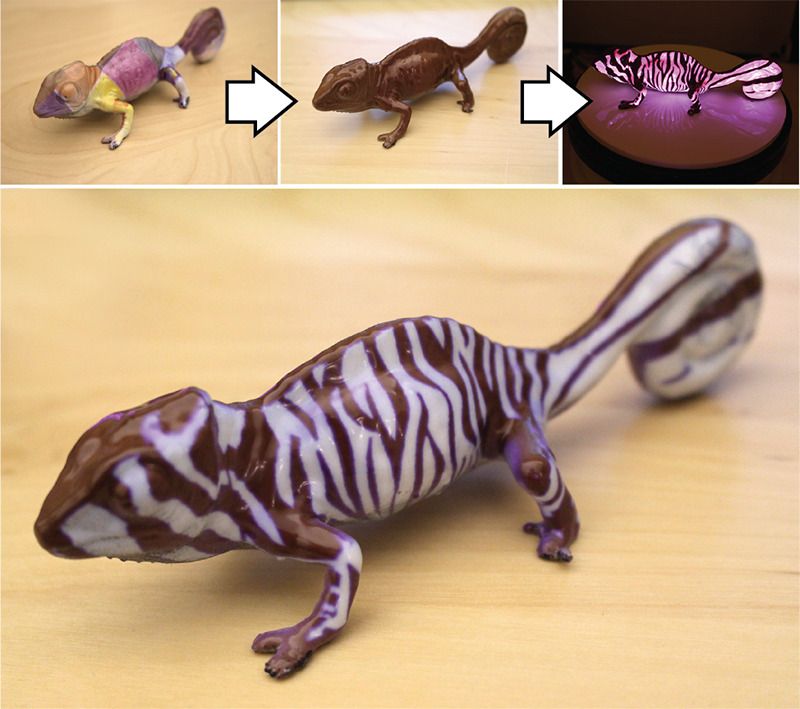Over 100 new pages of Einstein’s writings, including long-lost calculations, have been made public.



Get the best of Smithsonian.com by email. Keep up-to-date on:




A newly discovered comet has excited the astronomical community this week because it appears to have originated from outside the solar system. The object—designated C/2019 Q4 (Borisov) — was discovered on Aug. 30, 2019, by Gennady Borisov at the MARGO observatory in Nauchnij, Crimea. The official confirmation that comet C/2019 Q4 is an interstellar comet has not yet been made, but if it is interstellar, it would be only the second such object detected. The first, Oumuamua, was observed and confirmed in October 2017.
The new comet, C/2019 Q4, is still inbound toward the Sun, but it will remain farther than the orbit of Mars and will approach no closer to Earth than about 190 million miles (300 million kilometers).
After the initial detections of the comet, Scout system, which is located at NASA’s Jet Propulsion Laboratory in Pasadena, California, automatically flagged the object as possibly being interstellar. Davide Farnocchia of NASA’s Center for Near-Earth Object Studies at JPL worked with astronomers and the European Space Agency’s Near-Earth Object Coordination Center in Frascati, Italy, to obtain additional observations. He then worked with the NASA-sponsored Minor Planet Center in Cambridge, Massachusetts, to estimate the comet’s precise trajectory and determine whether it originated within our solar system or came from elsewhere in the galaxy.

A new nanomaterial developed by scientists at the University of Bath could solve a conundrum faced by scientists probing some of the most promising types of future pharmaceuticals.
Scientists who study the nanoscale—with molecules and materials 10,000 smaller than a pinhead—need to be able to test the way that some molecules twist, known as their chirality, because mirror image molecules with the same structure can have very different properties. For instance one kind of molecule smells of lemons when it twists in one direction, and oranges when twisted the other way.
Detecting these twists is especially important in some high-value industries such as pharmaceuticals, perfumes, food additives and pesticides.

Mei Mei Hu vowed to never work with her mother, Chang Yi, but she knew this was bigger than the both of them.

Having a loved one not recognize you, or forget a shared experience can be heartbreaking but that’s what Alzheimer’s does to you. We are, ultimately, nothing but the sum of our memories and experiences, so to lose the ability to remember is to lose one’s identity. Alzheimer’s is currently the sixth-largest cause for death in the United States with over 5.8 million Americans diagnosed with the memory loss disease. After 200 unsuccessful attempts worldwide to find a drug that treats Alzheimer’s, a mother-daughter duo is now close to finding a vaccine, according to Wired.
